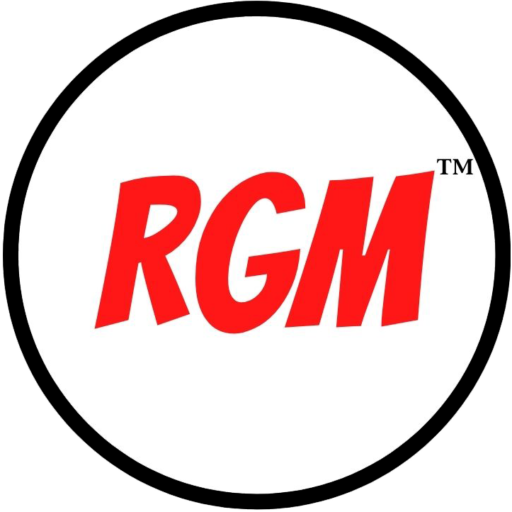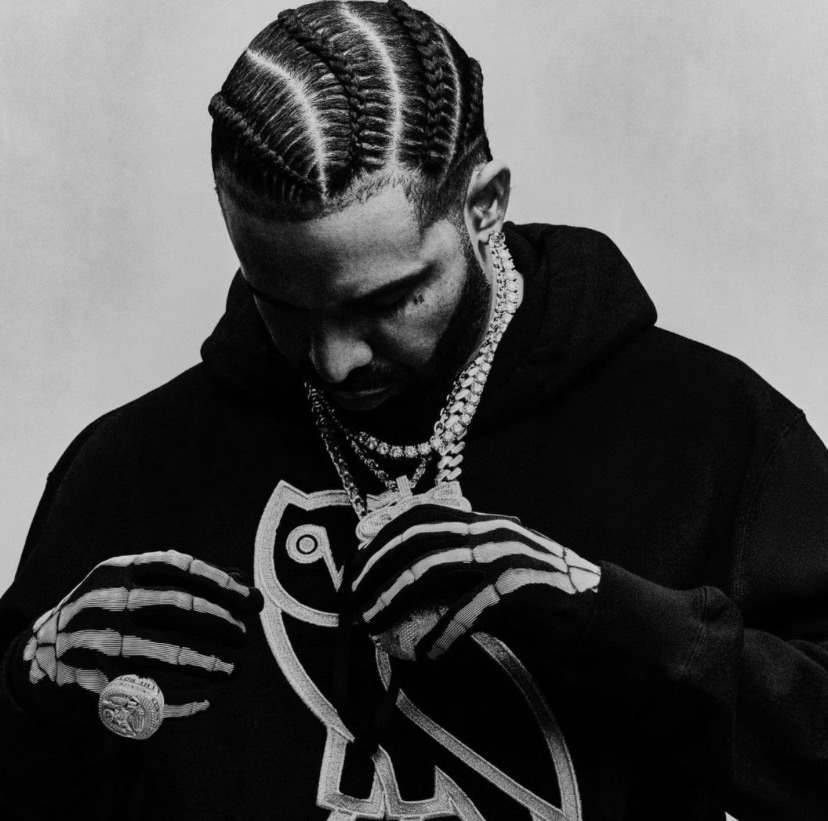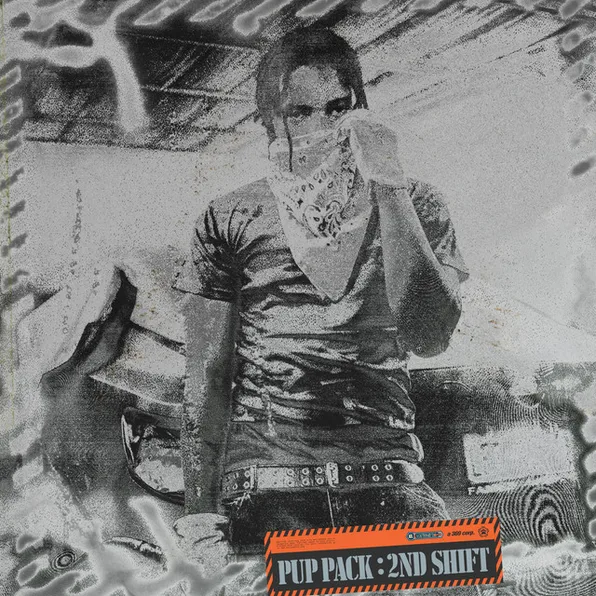
After debuting in earlier films such as Suicide Squad and Justice League, Flash comes bursting into theaters across the globe this weekend with his own film. And ultimately, The Flash is a film that feels befitting of this iteration of the character: unfocused, abrasive, and detrimentally dedicated to constant fidgeting.
While a cinematic outing for this character has been in development on some level since the ‘80s, development on this specific version of The Flash has been going on for just shy of a full decade leading up to this, with numerous writers and directors coming and going over the years. As a result, the finished version of The Flash feels like it’s been cobbled together from about a dozen different drafts, with extraneous characters and dangling narrative and thematic threads at every turn.
These issues are only exacerbated by director Andy Muschietti’s approach. Muschietti began his career making intimate and fantastical horror films, such as Mama, before quickly graduating to the big leagues with his two-part adaptation of Stephen King’s It. It: Chapter One was an unexpectedly gargantuan hit for Warner Bros. and led to Muschietti being tapped to come aboard the then-stalling ship that was The Flash after finishing It: Chapter Two.
But sadly, The Flash feels decidedly more in line with Muschietti’s sensibilities on display in It: Chapter Two than it does with those that made It: Chapter One such a success. While Chapter One was a largely successful adaptation of the best parts of King’s novel, It: Chapter Two was a bloated and obscenely indulgent three-hour-long follow-up that fell flat. With The Flash, Muschietti delivers a film whose defining traits are its own indulgence and garishness.
It’s a technically accomplished work that is, fittingly, imbued with tremendous momentum by Muschietti’s direction. But the film constantly feels the need to be ‘entertaining’ its audience. It feels completely uncomfortable with any amount of silence or nuance, resulting in a film that is more than happy to undercut its core themes, characters, and emotional beats in service of a cheap gag in the hopes of provoking a more immediate, forgettable reaction. It is absolutely fascinating to watch as Muschietti throws everything at the wall and doesn’t even seem to care if any of it sticks, he’s just giddy to be throwing it at all. Andy Muschietti clearly had the time of his life playing in DC’s toybox, but that doesn’t equate to the audience having the time of theirs.
Top 5 Things About The Flash
5. A Day in the Life of the DCEU
The Flash opens with a setpiece that is essentially an eventful view into a day in the life of Barry Allen in the DCEU. It gets goofy and bizarre quickly, but it does a good job of establishing Barry’s routine life pre-time travel antics and plays as one final lap for several of the DCEU’s primary characters in an enjoyable fashion.
4. Andy Muschietti’s Exuberance
Muschietti directs The Flash like a kid in a candy store that just found out he has enough money to buy the whole candy store. Some of the film’s weakest traits can absolutely be attributed to this, but it’s also a huge blockbuster that is undeniably full of passion and defined by Muschietti’s singular idiosyncrasies. Even if his brand of digitally-sewn-together faux-oners and relentlessly frantic visual stylings isn’t for me, I can certainly appreciate the fact that in a landscape full of sanitized blockbusters made by committee, this film has Muschietti’s fingerprints all over every frame of it.
[the_ad id=”102857″]
3. Michael Keaton as Bruce Wayne
Despite his prominence in the marketing materials, Michael Keaton is hardly in The Flash. His Batman is in it a fair portion. Alas, it is painfully evident that it is someone else with Keaton’s face digitally pasted on in post or a digital double altogether for the majority of his screentime. But in his precious few moments out of the suit, Keaton comes through in spades, making one long for a film that would have better capitalized on his return.
2. Henry Braham’s Cinematography
So much of The Flash looks as if it is taking place in a digitized void (often literally) located squarely in the middle of the uncanny valley. While other filmmakers avoid this digitized uncanniness like the plague, Muschietti seems to wholeheartedly love it, to the point that it is one of The Flash’s defining visual aesthetics. When paired with the film’s overbaked costume designs and under-rendered VFX work, The Flash is, at times, an unbelievably ugly movie. But when its real people on a real set with real lighting, cinematographer Henry Braham’s work shines through like a beacon in the night. Braham shot gorgeous filmic works like James Gunn’s The Suicide Squad and even Guardians of the Galaxy Vol. 3, and when he’s given room to actually work with tangible elements, The Flash looks great.
1. Sasha Calle as Supergirl
Outside of Ezra Miller, very few people feel like they are actually in The Flash. Noted former DC actors like Ben Affleck, Michael Keaton, and Michael Shannon have all been touted as returning in the marketing, but so much of their time in the film is so clearly their respective faces unconvincingly digitally sewn onto other bodies. It rarely feels like these actors are giving a performance and often feels much more like they’re being trotted out like show ponies. They smile and wave, the audience cheers at recognizing a face, and once they have been used up for their worth, they are discarded. (This already gross practice becomes even more revolting in the film’s climax, when certain deceased actors get even worse treatment.)
However, Sasha Calle is in The Flash. As Supergirl, Calle feels like she is giving 1000% of herself to every iota of real screentime she is afforded, and the difference is palpable. The Daytime Emmy-nominated actress’ soap opera background undoubtedly helped her soar here: she is accustomed to making full-blown meals out of questionably written morsels. In a film full of digitized inauthenticity, Calle gives a real performance, and her character soars above the rest as a result.
RGM GRADE
(C-)
All of this results in a film that hardly scratches the surface of any of the ideas or concepts it claims to be exploring. The Flash purports to simultaneously be an adaptation of the iconic Flashpoint comic arc, a legacy sequel to Tim Burton’s Michael Keaton-starring Batman films, and a time-traveling journey through the DCEU full of heart. But it doesn’t do any of this satisfactorily.
The Flash burns through its best ideas and source material like its titular character burns through carbs. It devours them, taking them off the table for potential future endeavors, but ultimately leaves the audience feeling undoubtedly empty.
Discover more from RGM
Subscribe to get the latest posts sent to your email.










